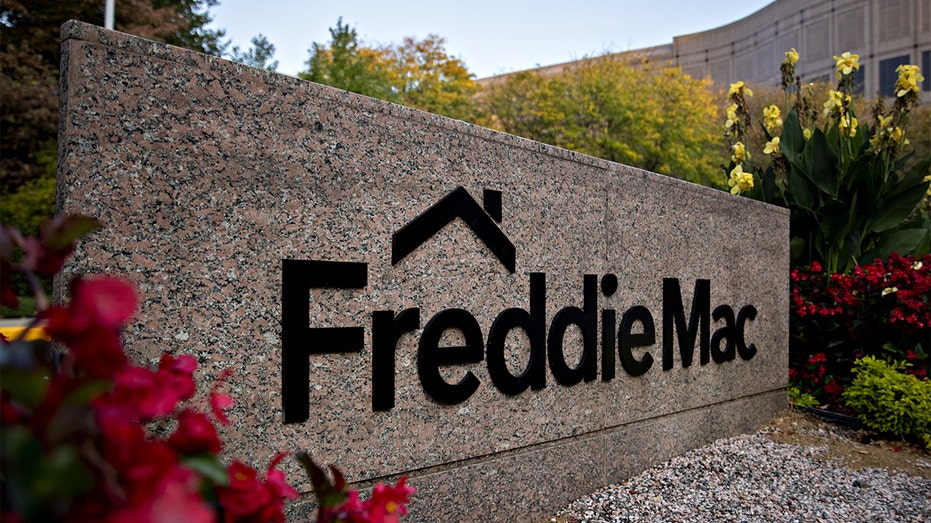Mortgage rates hits highest since May 2020
Long-term rates have gone up 0.7 points since the same period last year
Be investors in companies, not traders: David Bahnsen
The Bahsen Group managing partner David Bahnsen discusses the efficiency of the stock market on 'Making Money.'
Mortgage rates peaked Thursday after an initial dip in late 2021 following the onset of the omicron variant.
The 30-year fixed-rate fell in December, but a small rally at the start of 2022 has seen the rates increase to their highest level since May 2020 – more than a half a percent higher than Jan. 2021 when the rate sat at 2.65%.
REAL ESTATE MARKET IN 2022 WILL ‘REMAIN VERY STRONG,’ EXPERT SAYS
The National Association of Realtors (NAR) and loan company Freddie Mac reported an average rate of 3.22%, while other financial advisors cited a rate of 3.35% - both figures indicating robust growth in demand and expectations for the coming year. The 15-year fixed-rate reached 2.43% compared to 2.16% a year ago.

Signage stands outside the Freddie Mac headquarters in McLean, Virginia, U.S., on Tuesday, Oct. 1, 2019. Freddie and Fannie Mae will be allowed to boost their capital by billions of dollars to protect against potential losses, a key step in the Trump
Time NextAdvisor showed that some groups, such as Sage Mortgage, continue to offer rates of around 2.69% while Better Mortgage offered a rate of around 3.65%.
STILL TIME TO SAVE: 30-YEAR MORTGAGE REFINANCE RATES HOLD STEADY | JAN. 6, 2022
Fears over the COVID-19 delta variant around the summer of 2021 caused the rate to dip to 2.77%, according to Freddie Mac’s Primary Mortgage Market Survey (PMMS). The rally through the end of the year would suggest that the impact was temporary, and fears of the omicron variant had little to no impact.

File photo of a home for-sale sign. (AP Photo/Gene J. Puskar / AP Newsroom)
"Elevated inflation and the Fed’s taper acceleration will move up mortgage rates in January. I expect the 30-year fixed mortgage rate to average 3.2 percent and the 15-year fixed mortgage rate to average 2.5 percent this month," said NAR Director of Forecasting Nadia Evangelou.
TODAY'S BEST MORTGAGE RATES? LOOK TO MID-LENGTH REPAYMENT TERMS
Evangelou credited the addition of 6 million jobs over the past year as a significant factor towards the increase in the mortgage rate.
The NAR forecast that rates could reach as high as 3.7% by the end of 2022.
GET FOX BUSINESS ON THE GO BY CLICKING HERE
The higher rate may deter some prospective buyers, but the demand for housing will remain "robust," the group predicted.
Freddie Mac also attributed the rise to higher inflation, with only a modest impact on demand due to first-time homebuyer growth.





















